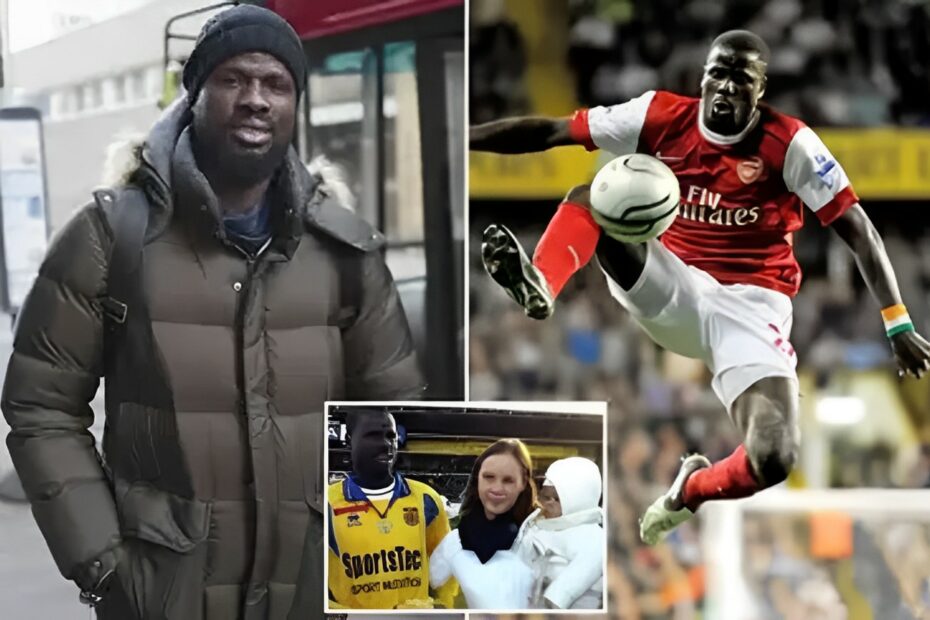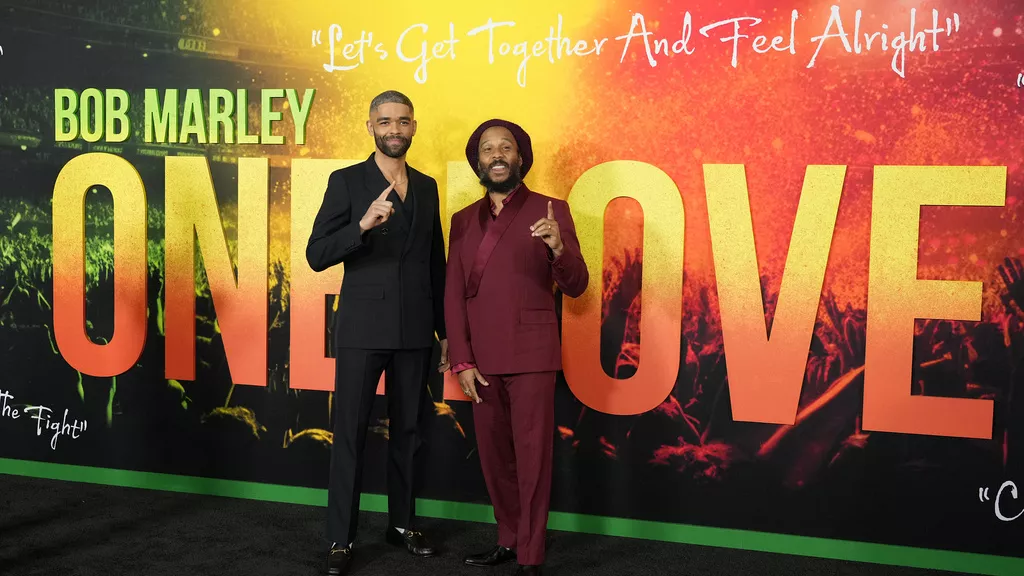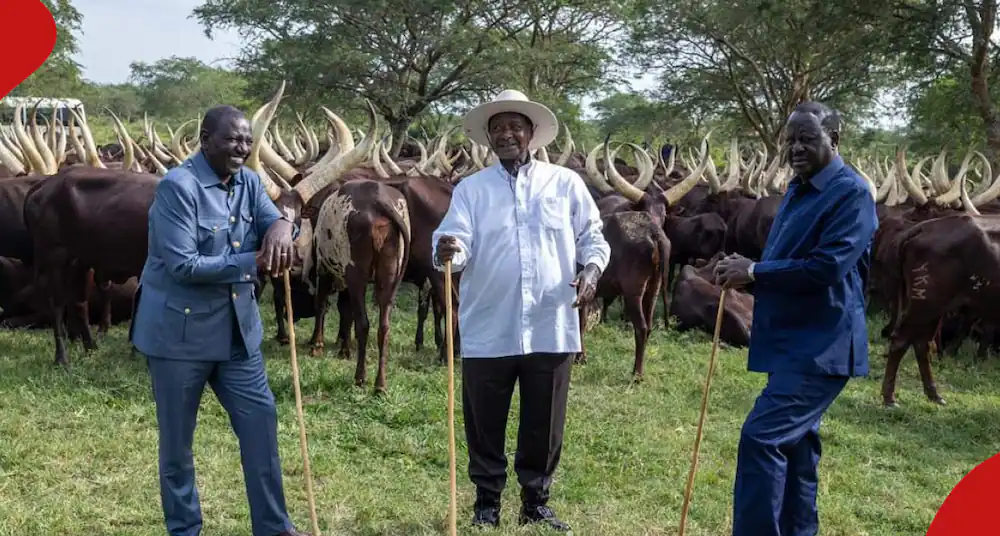Whether on the football field or basketball court, some of the world’s best athletes come from Africa. But a heartbreaking reality exists for many African athletes – they often finish their careers with little to no financial security. This doesn’t make sense and can go against everything we have been taught about success in sports leading to wealth. So why do so many African athletes end up poor? Let’s look at some of the factors behind this narrative by uncovering the brutal truth behind this shocking statistic.
What the Narrative Says About African Athletes
It’s no secret that professional athletes in any sport can make a ton of money during their careers. However, the narrative for African athletes seems to be different. Once they retire and their income from sports has ended, they are often stereotyped as poor or unable to manage their finances. While this stereotype is not fair or accurate for all African athletes, some factors contribute to this perception.
For one, many African athletes come from low-income backgrounds and may not have had access to financial education. Additionally, some athletes may have been taken advantage of by unscrupulous agents or invested in risky ventures that didn’t pay off. It’s important to recognize that every athlete’s situation is unique and not to let stereotypes shape our perceptions.

The Realities of Professional Sports in Africa
When we think of professional sports, we often imagine big contracts, flashy endorsements, and opulent lifestyles. However, the reality for professional athletes in Africa can be quite different. Contracts in Africa’s sports industry tend to have vastly different terms compared to those in other parts of the world.
For starters, salaries are generally much lower, making it difficult for athletes to make a living wage. Additionally, contracts may lack the same legal protections or may not be enforceable in court. Despite these challenges, African athletes continue to compete at high levels and make valuable contributions to the world of sports. READ ALSO: Breaking Barriers in 2023: Faith Kipyegon Sets New World Records
The Importance of Literacy and Financial Education
When it comes to achieving long-term financial success, literacy and financial education are key. And this is something that both teams and individual athletes need to keep in mind. To prevent financial slip-ups and ensure steady growth, it’s crucial to have a solid foundation. Knowing how to read and write is essential for good communication, making sense of contracts and agreements, and calculating earnings.
Likewise, understanding key financial concepts like budgeting, investing, and saving is crucial for making smart money decisions. By investing in literacy and financial education, teams and athletes can set themselves up for lasting success both on and off the field.
Creating Sustainable Opportunities for African Athletes
Beneath all the thrilling highs of athletic success lies a stark reality – a professional athlete’s career is short-lived. Far too often, after years of training and competing at the highest level, they are left with broken dreams and financial difficulty once they retire. However, with strategic investment and planning, we can create sustainable opportunities for African athletes that extend beyond their time on the field.
By exploring alternative career paths and offering long-term solutions for post-retirement, we can empower athletes to thrive even after their athletic careers have ended. It is time to shift our attention towards the long-term success of our athletes, both on and off the field.

Examining Corporate Responsibility
What role do sponsors, leagues, and agents play in creating or worsening financial disparities among African athletes?
In the world of sports, it’s easy to get caught up in the hype and excitement of the game. But behind it all, there are deeper issues at play – like financial disparities among African athletes. Sponsors, leagues, and agents all play a role in creating or worsening these disparities. Samuel Eto’o, one of Africa’s most successful footballers, has spoken out about this issue, highlighting the need for greater regulation and oversight of agents and managers.
For example, a sponsorship deal with a big brand could potentially boost an athlete’s income tremendously – but these deals are often given to the most popular players, who are often already at the top of the financial ladder.
Meanwhile, lesser-known players may struggle to make ends meet. Similarly, agents prioritizing their financial gain over their clients’ well-being can exacerbate these disparities. It’s important to examine the role of these entities in the sports industry and consider ways to level the playing field for all athletes.
Exploring Solutions
African athletes face unique obstacles when it comes to their overall financial stability. The global narrative which paints them as poor must be challenged to create better futures for them after a professional sports career. Teams, sponsors, leagues, agents, and individuals all have an important role to play in helping African athletes transition into life after sports. READ ALSO: Pascal Siakam: From Douala to the NBA, the incredible journey of a rising Cameroonian star
We must use our collective power to ensure that long-term opportunities are available so African athletes can enjoy some level of economic security. All stakeholders need to take responsibility for creating sustainable pathways post-retirement. Through literacy and financial education, African athletes can learn to plan and save for retirement virtually anywhere.
Additionally, every player should understand the basics of contractual law before signing anything, no matter the region or country they’re playing in. With the proper knowledge and resources, African athletes can maximize their financial success moving forward. Let’s work together towards building a brighter future for these incredible players!



